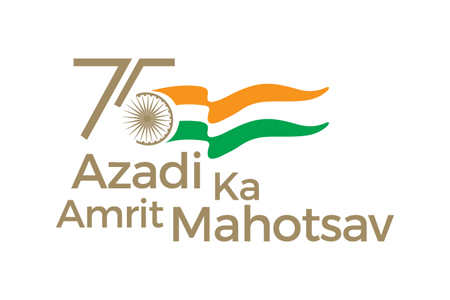The Department administers the following three Acts:-
- The Rights of Persons with Disabilities Act, 2016
- The National Trust for the Welfare of Persons with Autism, Cerebral Palsy, Mental Retardation and Multiple Disabilities Act, 1999
- Rehabilitation Council of India Act, 1992




